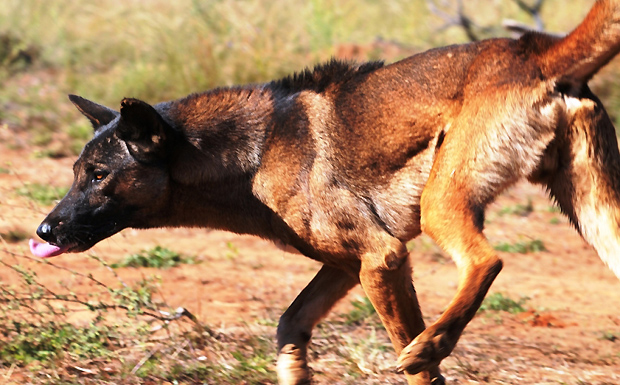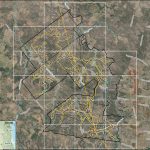
August 30, 2024
South Burnett Regional Council staff will undergo training in the wake of tough new dog laws which have come into effect in Queensland.
Recent amendments to the State Government’s Animal Management (Cats and Dogs) Act 2008 include steep fines for dog owners who do not control their animals in public.
The changes are State legislation enforced by local councils.
The amendments were passed by State Parliament in April after a 12-month review of regulations following serious dog attacks on Queenslanders.
Recommendations were considered from a task force that included the Department of Agriculture and Fisheries, the Local Government Association of Queensland and RSPCA Queensland.
The first changes came into effect on July 31 and include the introduction of statewide “effective control” provisions.
On-the-spot fines for owners who fail to control their dogs in public have risen from $322 to $806.
Owners of declared dangerous or menacing dogs which are are exercised off-leash face an even steeper penalty.
Owners who are responsible for dogs that attack and cause serious injury or death now face jail terms of up to three years and fines of up to $108,000.
The maximum fine for failing to take reasonable steps to ensure a dog does not attack has doubled to more than $92,000.
The legislation has also banned several dog breeds from August 28: Dogo Argentino, Fila Brasileiro, Japanese Tosa, American pit bull terrier or pit bull terrier, and the Perro de Presa Canario or Presa Canario.
The State Government has set aside $7.57 million for a three-year community education and awareness campaign to encourage responsible dog ownership. The funding will also support dog management initiatives in First Nations communities.
An SBRC spokesperson said Council was reviewing the changes and preparing for its implementation via training in the new legislation.
* * *
At Council’s August meeting, councillors discussed ways to implement reduced-fee microchipping days for dog owners across the region, as well as encourage dog and cat owners to desex their animals.
Council has amended its dog registration requirements to require dogs to be microchipped before being registered with Council, in accordance with State legislation.
Councillors also voted to pursue unpaid 2023-24 dog registrations when the 2024-25 renewal notices are issued in September.
- Related article: Crackdown On Dangerous Dogs
























I’m sure the officers will still find a loophole. After all, they did let a menacing and vicious dog continue to roam the streets after it bit someone and killed another dog. No investigation, and just ignored the matter
Steve, we can only suggest that you put all the details about the incident in writing and send it directly to whichever Council was involved.
I wonder how serious SBRC can be about Dog Registration when they don’t even make it easy to pay it?
I have my notice, so I go on to my bank app to pay it only to find that the Reference number has nine digits (even though the BPay instructions say it is an 8 digit number) so there is no way to pay that way.
So I went on to the SBRC website, surely you can pay on there? No, not unless its a new one! If there is a link there, I can’t find one, so not very useful!
So the choice is giving my CC details over the phone or travelling in to pay it at the Council Office.
SBRC, maybe the 21st century will hang around a bit longer till you catch up??
To be fair, the SBRC did admit they made an error when issuing their dog registration notices.
They published a Public Notice on their website and on their Public Notices section in our website, ie. “Payment can be made using the BPAY reference number if the number 5 at the beginning of the reference number is removed. For example, if the BPAY reference number on the animal registration notice is 50000111, enter the BPAY details for reference number as 0000111.”
You can always find the latest SBRC Public Notices by clicking on the “SBRC News Updates” logo on the front page of our website, plus get an easy link to Council’s Facebook feed (all in one spot).
Thank you for that information. I would never have looked in either place for this. Nor does everyone have Facebook!